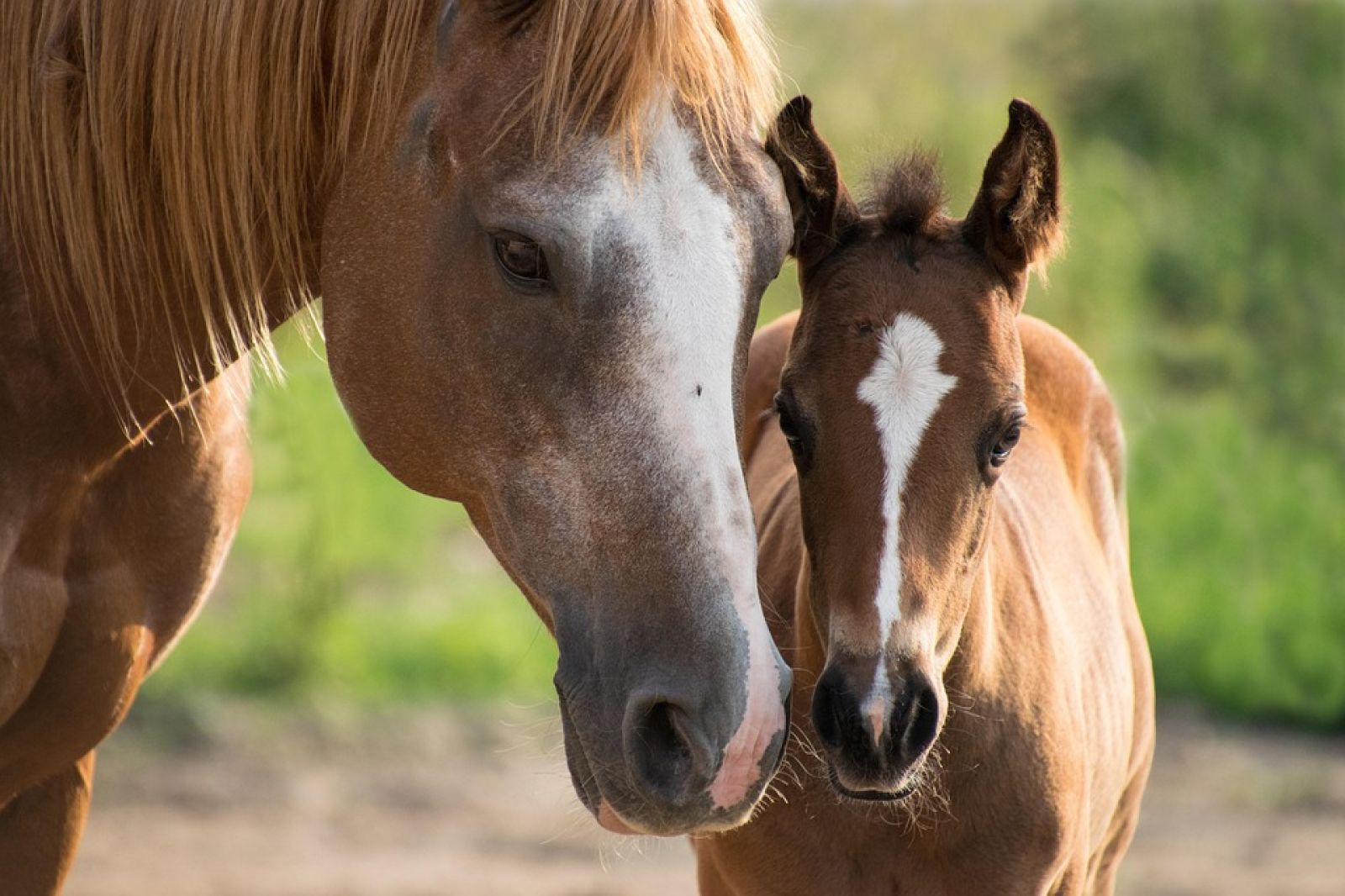Follow us on Google News (click on ☆)
A recent study published in Science sheds light on this evolution. By analyzing DNA from ancient horse remains, researchers identified key mutations that facilitated domestication. These genetic changes not only made horses more docile but also better adapted for riding and work, thus accelerating their integration into human societies.

Pixabay illustration image
The team of scientists, led by Xuexue Liu and Ludovic Orlando, examined 266 genetic markers linked to traits such as coat color, morphology, and behavior. They discovered that a specific region of DNA, associated with the ZFPM1 gene, was favored by selection about 5,000 years ago. This gene is involved in docility, indicating that early breeders deliberately chose less aggressive animals.
Another crucial mutation was identified at the GSDMC locus, influencing body shape and the spine. To verify its impact, researchers modified this gene in mice, observing an increase in their strength and mobility. These results show that similar adaptations allowed horses to become more robust and suitable for carrying loads, revolutionizing human transportation.
According to the authors, these genetic modifications were essential to the emergence of the modern domestic lineage about 4,200 years ago. Although these findings are significant, questions remain, particularly about the precise effects of the ZFPM1 gene and the influence of polygenic traits. Further research is needed to fully understand how environment and genetics shaped the modern horse.